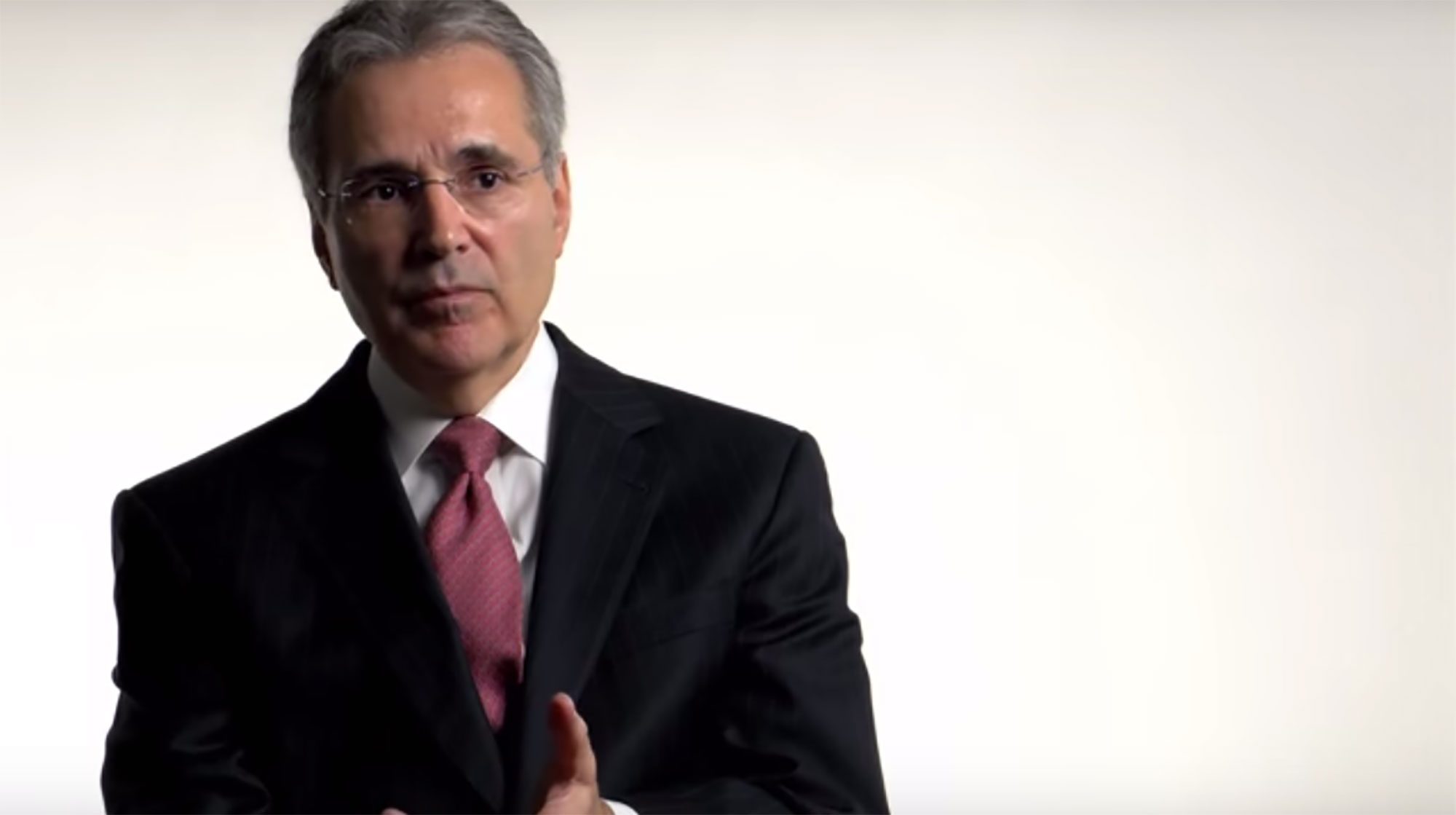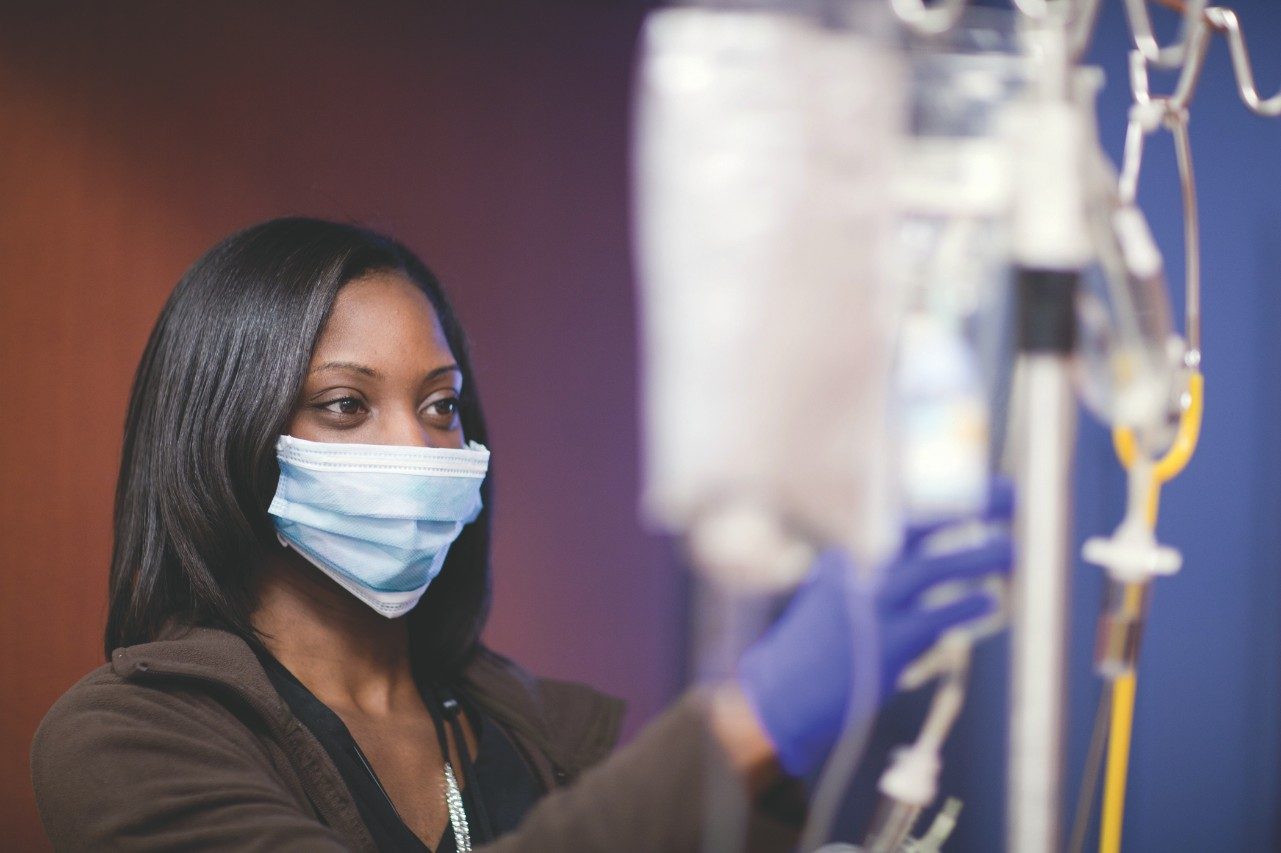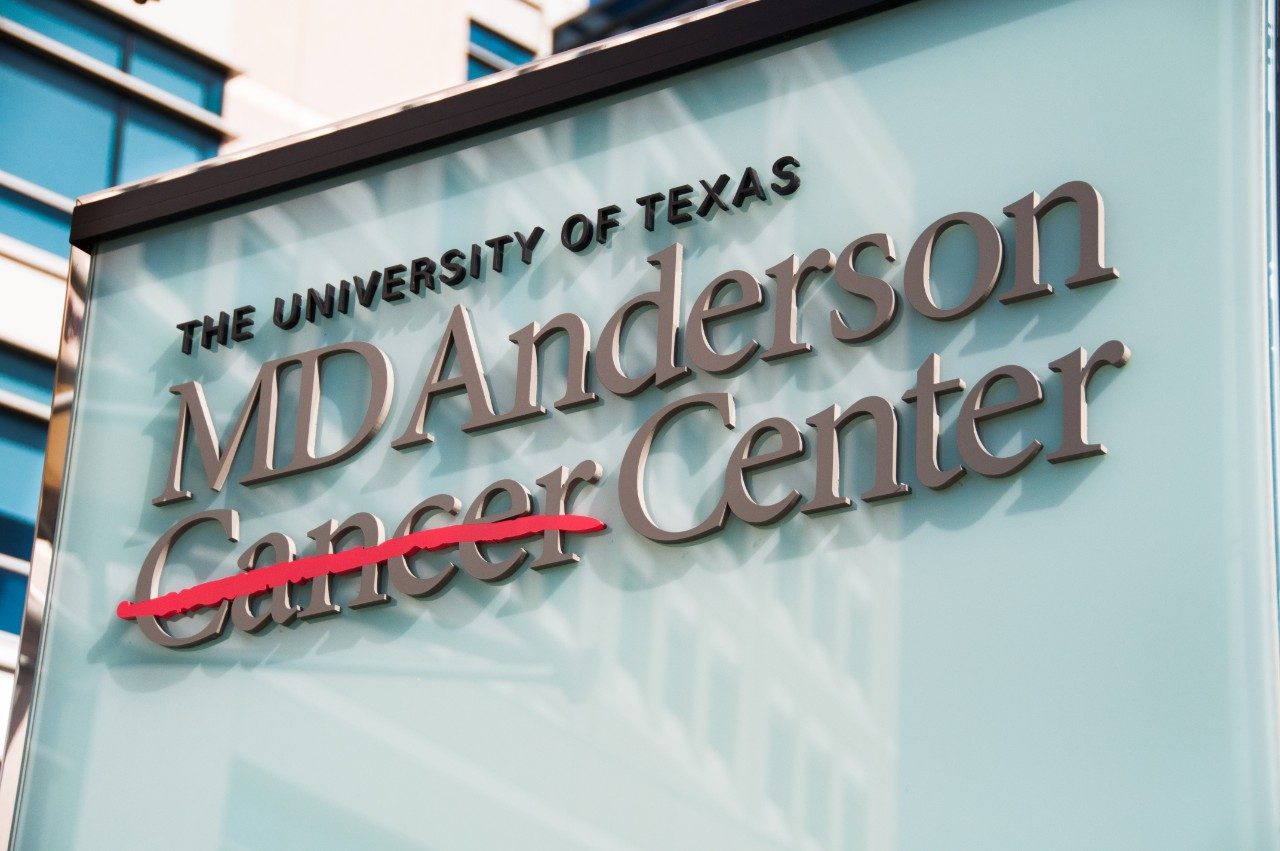Help for heavy smokers
Lung cancer screening offers breath of fresh hope
The National Lung Screening Trial (NLST), funded by the National Cancer Institute (NCI), is the driving force behind MD Anderson’s new program enabling current and former heavy smokers to receive more effective lung cancer screening.
The NLST revealed that detecting small lung cancers with computed tomography (CT) reduces lung cancer specific mortality by 20%.
Based on these findings, MD Anderson’s Lung Cancer Screening Program involves experts in thoracic surgery, radiology, pulmonary and clinical cancer prevention seeking better lung cancer detection, treatment and education for people at high risk for the disease.
CT screening is available to current or former smokers 50 years or older who have smoked the equivalent of one pack of cigarettes a day for at least 20 years. The program also offers access to other services through MD Anderson’s Cancer Prevention Center, including low-cost programs to help smokers quit.

“Our program is unique because we do more than a comprehensive CT lung screening exam,” says Therese Bevers, M.D., medical director of the Cancer Prevention Center. “We offer preventive options to help reduce patients’ risk for cancer and guide people through the diagnostic evaluation and, if needed, treatment.”
Prior to the NLST, lung cancer had shown no benefit from screening because standard chest X-rays had not been detecting cancers early enough. NLST findings recently published in the New England Journal of Medicine revealed a 20% reduction in lung cancer deaths among participants who received low-dose helical CT scans compared with those undergoing standard chest X-rays.
MD Anderson was one of 33 sites involved in the national trial and one of 10 sites that collected biomarkers to use in NLST secondary trials.
“This is a major finding for lung cancer patients and health care policy in the United States,” says Reginald Munden, M.D., a professor in Department of Diagnostic Radiology and lead investigator at MD Anderson on the trial.
Lung cancer screening isn’t recommended for all smokers and former smokers because of risks including radiation exposure and false positives that may require additional testing and discomfort.
“Now that we have scientific proof that screening a specific high-risk group can reduce mortality in lung cancer patients, the screening benefits outweigh the risks for those people,” says Bevers, MD Anderson co-investigator on the trial.
Cost can be a barrier to screening, because insurance companies don’t cover the expense. The trial includes a cost-effective analysis, expected to be released later this year, comparing the cost of lung cancer care to the cost of covering lung cancer screening.
To schedule an appointment, please contact askMD Anderson at 877-632-6789.
















